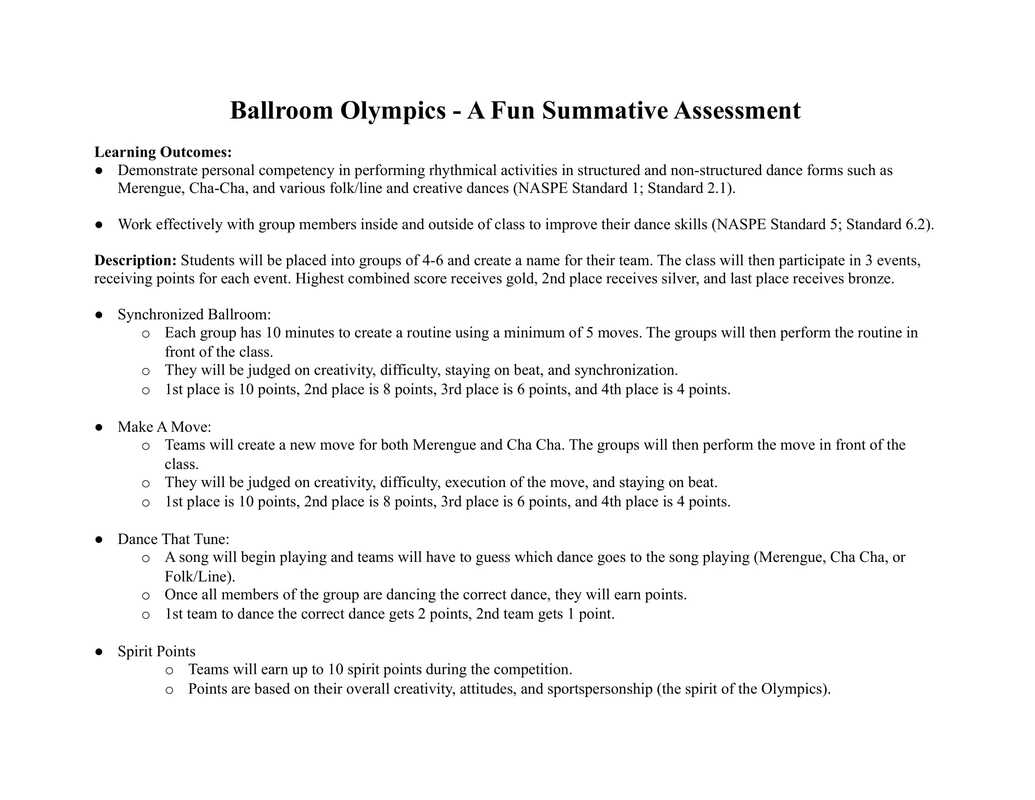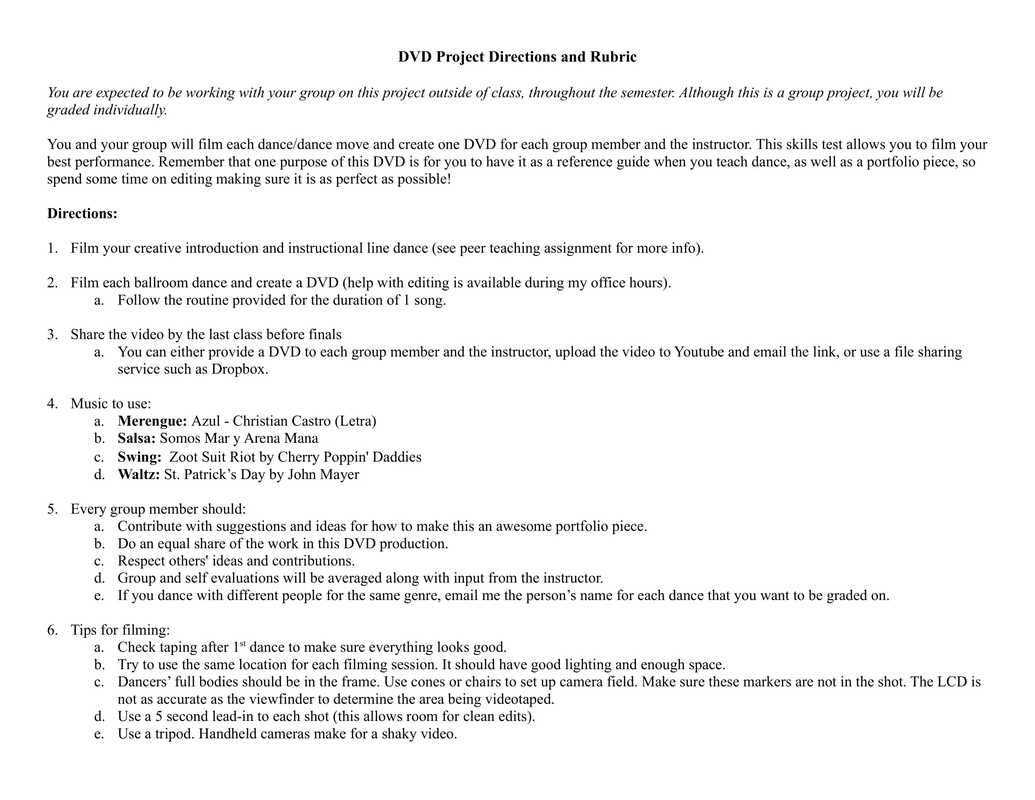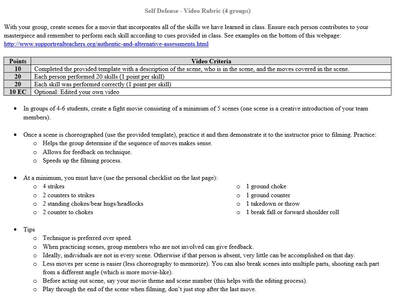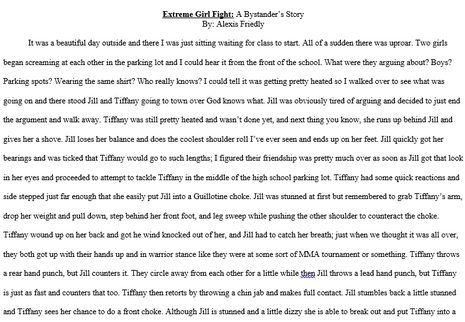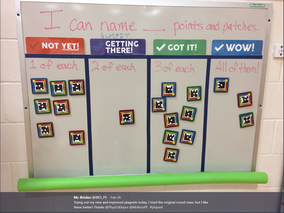Assessment in Physical Education
Assessment is an important part of the the learning experience and curriculum. Here are some of the many purposes of assessment:
- Communicate student progress with parents, school, and community.
- Evaluate the program’s effectiveness (Teaching Evaluation Forms for Physical Educators).
- Determine whether students are meeting the learning objectives.
- Identify students with special needs.
- Modify the curriculum and individualize instruction.
- Motivate students to improve their performance.
- Provide ppportunities for students to demonstrate what they know and are able to do.
- Provide teachers with objective information for grading.
SHAPE America Appropriate Practices
- 2.1.1 Clear goals and objectives for student learning and performance are communicated to students, parents, guardians, and administrators. Students are held accountable for those expectations through various strategies (e.g., goal-setting, teacher monitoring, assessment and evaluation).
- 4.1.1 Formative and summative assessments constitute ongoing and integral parts of the learning process for all students, including those with disabilities.
- 4.2.1 Physical educators systematically teach and assess all domains, using a variety of assessment techniques.
- 4.2.2 Assessments include clearly defined criteria that are articulated to students as part of instruction before the assessment.
- 4.3.1 Physical educators use fitness assessment as part of the ongoing process of helping students understand, enjoy, improve and/or maintain their physical fitness and well-being.
- 4.3.2 As part of an ongoing physical education program, students are prepared physically in each fitness component so that they can complete the assessments safely.
- 4.4.1 Physical educators make every effort to create testing situations that are private, nonthreatening, educational and encouraging.
- 4.4.2 Physical educators encourage students to avoid comparisons with others and, instead, use the results as a catalyst for personal improvement.
- 4.5.1 Test results are shared privately with students and their parents/ guardians as a tool for developing personal goals and strategies.
- 4.5.2 Teachers provide regular reports of student progress to students and parents/guardians, using a variety of continuous, formative evaluations and assessments.
- 4.7.1 Data on student achievement are used to evaluate program effectiveness on a regular basis.
Additional Appropriate Practices:
- Allow students to practice the assessment as needed (especially fitness tests).
- Allow students to redo assessments when possible.
- Assess students in authentic contexts when possible.
- Provide examples of past student work when appropriate (exemplars).
- When appropriate, involve students in the assessment process (ie. self or partner evaluation) and give them choices on how they will be assessed.
